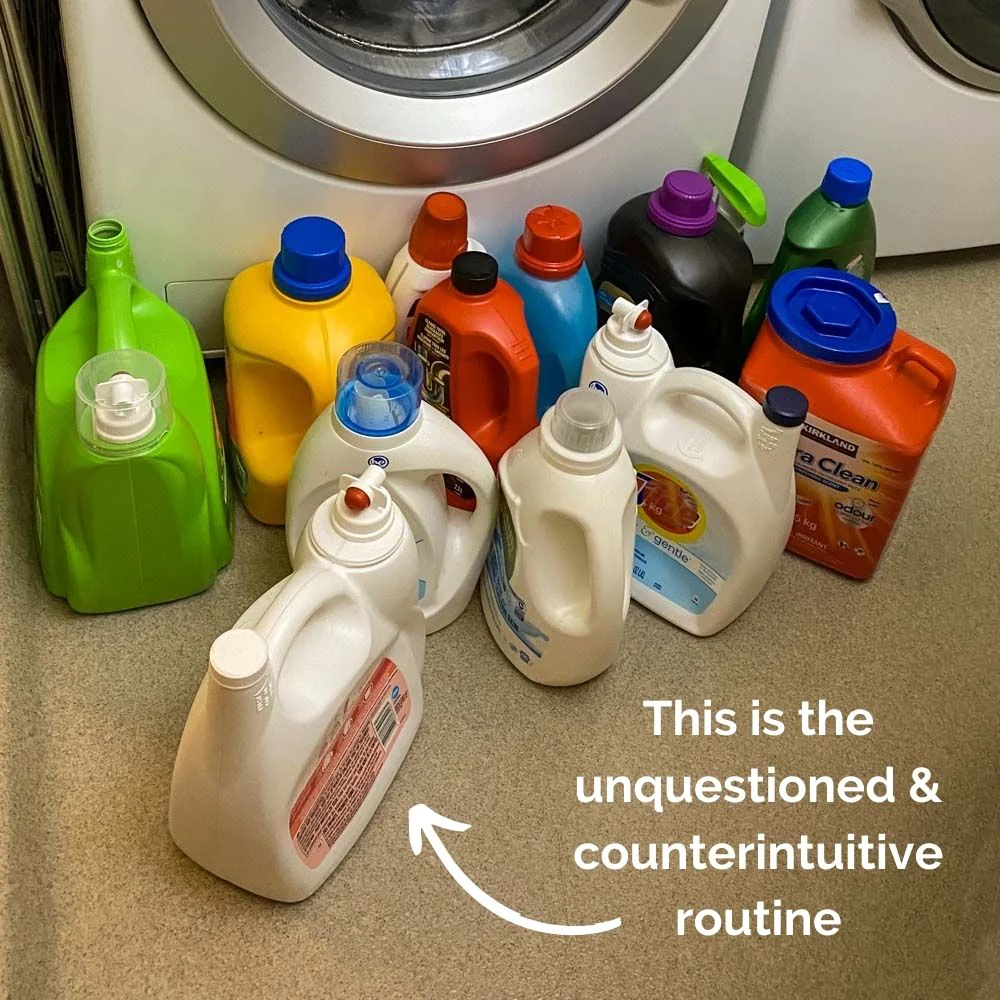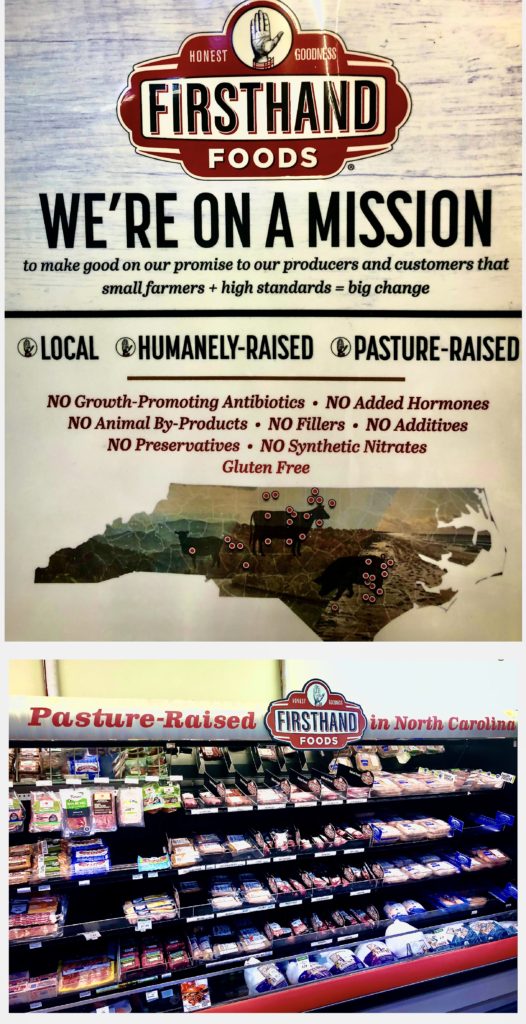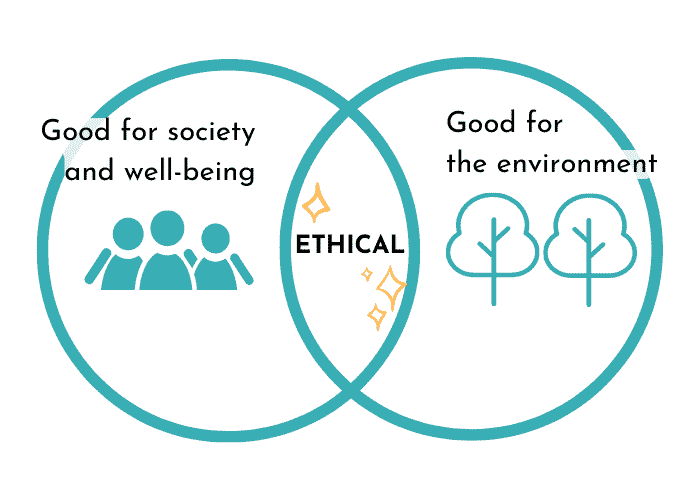Join us as we learn together how to be ETHICAL CONSUMERS – making a difference for a healthier planet and a more just society. To advance this work, the Creation Justice Team of CUCC will lead us in a year-long program of study, reflection, and practical actions for Ethical Consumerism called “Think Before You Buy.” Watch the CUCC weekly e-news and this space for updates. Please JOIN US!
Action steps and ideas for each of these topics. CLICK the LINK.
TRANSPORT/TRAVEL
ENERGY
HEALTH & BEAUTY
HOME & GARDEN
RETAILERS/ONLINE BUYING/DELIVERY OPTIONS
TECHNOLOGY
MONEY & FINANCE
THINK BEFORE YOU BUY
Be an ETHICAL CONSUMER…add value with your VALUES.
Ethical consumption is making responsible and sustainable purchasing decisions considering the social, economic, and environmental impact of the products and services consumed.
Think before you buy. Shop and buy…or choose not to buy…based on your BELIEFS. When we choose to be ETHICAL CONSUMERS –
- It’s good for the planet
- It’s good for people
- It’s good for animals
- It has a positive political impact


An ethical consumer is an activist making a difference. It takes all of us. When we take action together, we can get corporations and governments to change what they do. BE THE CHANGE.
Every product you buy has an impact. Sometimes positive. Sometimes negative. Sometimes, a mix of both! So…THINK BEFORE YOU BUY!
ETHICAL CONSUMERS look beyond price and convenience to seek products that reflect their values.
“There is enough for everybody’s need and not for everybody’s greed.”
– Mahatma Gandhi
“We have stopped buying liquid laundry and automatic dishwasher detergents. These are mostly water, often contain harmful chemicals, and produce large amounts of plastic waste. Instead, we buy concentrated powders made with sustainable packaging like Charlie’s Soap a family-owned business made right here in NC, and DROPPS auto-dishwasher pods made by DROPPS, a Certified B Corporation. https://www.charliesoap.com/ https://www.dropps.com/
– Steve Tate


“Never one to be excited about buying clothes, I’ve made darning and patching into a form of art. I love patches – I think they can add a lot to clothes, and old clothes just get more comfortable with wear. Handy with a needle and thread? Click here to learn about sashiko, the Japanese art of stitching and mending clothes.”
– Diana Bowman
We are changing the way we buy our meat. I learned that corporate meat production may be less expensive, but it also can have hidden costs of animal cruelty, poor labor conditions, and a significant negative impact on the environment. Now, we buy from small, local farms whenever we can. We can verify that their practices are more humane, just, and environmentally sustainable. Their carbon footprint is smaller also. We look for labels like the NC-based FIRST HAND FOODS. They are a women-owned food hub that sells local pasture-raised meats from NC farms. We also buy from HICKORY NUT GAP FARM in Buncombe County. You can find these and other options for sustainably produced foods at our local co-op, DEEP ROOTS MARKET. I am bringing my meat purchases more in line with my ethical concerns about animals and the environment.
– Terry Moore-Painter


I have begun to keep a journal of everything I buy. I note what I bought, who from, and how much I spent. When I looked back over it, I was absolutely shocked at what I bought on impulse and how little I could justify it when I thought it through. It is definitely changing my purchasing habits, which have become careless since Amazon made everything so easy.
- Pat Boswell

Read our Basic Principles for “Think Before You Buy” and our ongoing collection of action steps we all can take. As Ethical Consumers, we are making a difference for a healthier planet and a more just society. Please join us. Read below:
Basic Principles
- We do the best we can with the options we have. It is not about PERFECTION!
- Don’t buy, INSTEAD: reuse, repurpose, repair, recycle, or do without
- Know why you are buying – Avoid conspicuous or convenient consumption
- Live MORE with LESS stuff
- Buy less/ buy just enough/less waste
- Buy Local
- Buy in bulk to avoid packaging
- Know the waste produced before you buy
- Avoid excess and non-recyclable packaging
- Buy items produced by workers treated fairly
- Buy items produced sustainably
- Buy from mission-driven companies that share your values (e.g. companies with B Corp. Certification, Organic Certified, Fair Trade, etc. )
- Buy for fun, entertainment, and emotional comfort only occasionally
